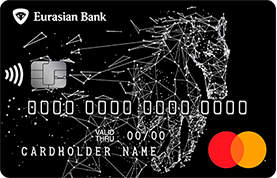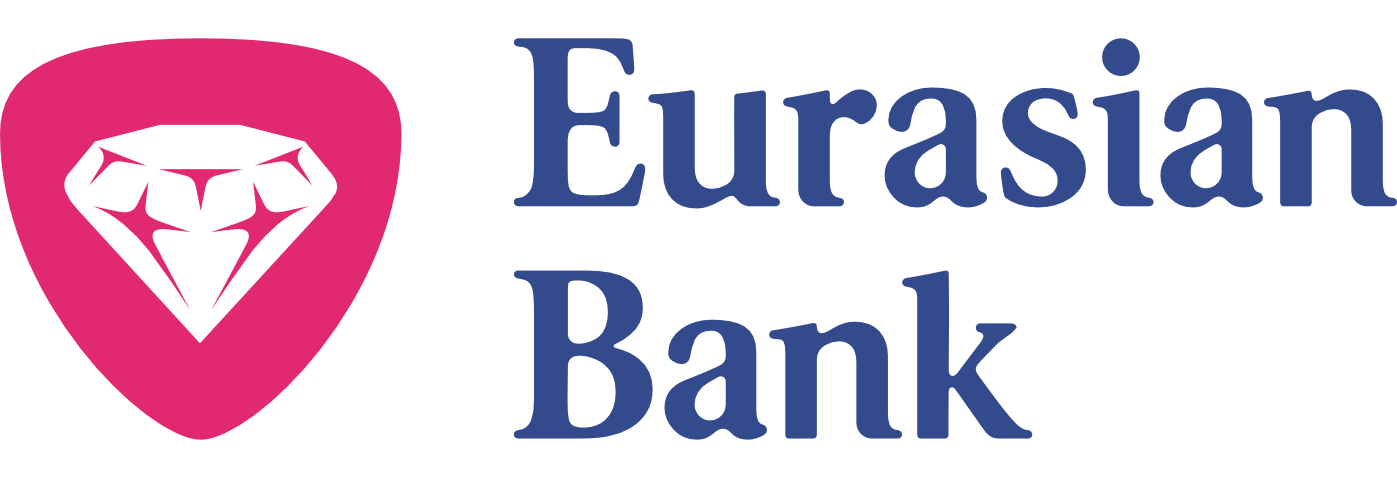Recently, the number of fraudulent actions against major bank customers in the country has increased. It is worth noting that banking systems are carefully protected from third-party interference. And if a person’s funds are “stolen” from a bank account, then this happens, as a rule, by their own negligence.
We have prepared for you information about the most common types of fraud and recommendations on how to protect yourself from it. In fact, it’s easy not to become a victim of criminals — do not disclose your personal data!
The most common types of Internet fraud:
1. Voice phishing – a telephone scam. In such cases, attackers actively use IP telephony to substitute a subscriber number, since they themselves may be located outside Kazakhstan.
As a rule, scammers call and report allegedly suspicious transactions on the account. A person is seized with anxiety, he begins to panic, and this is what the attackers use. In a state of fear, a person easily succumbs to psychological manipulation. Imaginary “employees of the Bank” or the bodies of the Ministry of Internal Affairs, or the prosecutor’s office offer the customer to immediately transfer funds to the so-called “insurance” account for their safety. They continue to instill fear, convince them of the need to send them personal data in order to allegedly prevent the theft of money.
We strongly recommend that you first take a deep breath, calm yourself down, turn on your head and remember the Bank’s recommendations — immediately interrupt the conversation and call the Bank back for a consultation. A real Bank employee never calls to clarify personal data. The Bank has a complete financial dossier for all customers. But scammers will extract such information by any means.
2. Phishing fraud using e-mail newsletters.
In such letters, the “authors” ask to follow a link to a fake website similar to a bank website or, for example, a popular store’s website and open a letter in order to fill in their card details. We assure you that the Bank never sends out such letters. We recommend blocking this mailing address and immediately inform the Bank about this incident.
3. Installation of remote control software — TeamViewer, AnyDesk.
Team Viewer, AnyDesk applications allow an outsider to remotely connect to a computer or smartphone. Both programs are licensed and do not pose a threat or danger, but they can cause serious losses in the hands of fraudsters.
Fraudsters also call customers of different Kazakhstani banks, posing as their employees and inform the person that they tried to make an international money transfer from their card, apply for a loan, transfer money to a “safe” account or perform some other dubious operation. To keep the money safe, the attackers convince the victim to install a special application, which is the AnyDesk or TeamViewer program. And only after receiving the connection code, they receive logins, passwords and access to mobile banking stored in their smartphone.
4. Deepfakes are a new type of fraud using social engineering and artificial intelligence – voice forgery technology. With the help of deepfakes, attackers can both fake someone else’s identity and “synthesize” a new one in order to gain access to a bank account, cash it out and issue fake loans.
How can the use of artificial intelligence be detected?
An attacker can be given a strange blinking, or its absence, a desynchronization of lip movement and speech, a slight stutter or a robotic tone, the same type of answers. Anything that seems unnatural should be treated with suspicion.
If you suspect something, then immediately end the conversation and call the Bank back.
Simple rules will help protect your data from criminal use:
— do not transfer or tell ANYONE the payment card details (number, expiration date, CVV/CVC, PIN code);
— do not report codes from SMS;
— do not change your phone number in mobile banking at someone’s request;
— interrupt the conversation and immediately change the passwords for access to mobile banking if you get a call from a phone number similar to the number of the Bank Contact Center and they request the personal data;
— do not give your mobile banking username and password to anyone;
— create a unique and complex password for mobile banking;
— do not follow links from emails from unknown senders;
— install and constantly update antivirus programs on your computer and smartphone;
— do not install unknown programs and applications, especially if they were not downloaded from official resources;
— avoid public places with free Internet access points
(such as Internet cafes and gaming clubs) for the use of mobile banking.
If you suspect that your data has fallen into the hands of intruders or have discovered that transactions are being conducted on your accounts without your knowledge, immediately contact or call the Bank Contact Center.
Eurasian Bank customers can call the numbers around-the-clock:
+7 (771) 000-77-22 — Beeline;
+7 (700) 000-77-22 — Tele/Altel;
+7 (702) 010-77-22 — KCell/Activ.





